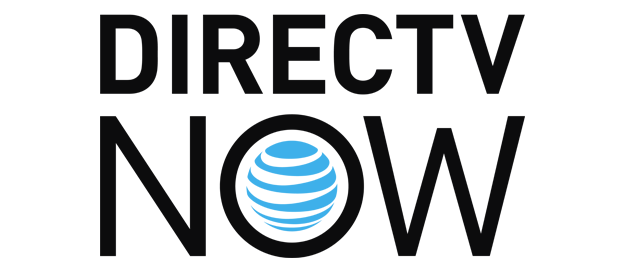Boys and girls, here’s a lesson on how politics affects your life. The former FCC Chair, Tom Wheeler, became a strong advocate for net neutrality after he was scolded for his views on the subject. He came under fire from communications group after communications group, from comedian after comedian, and his call for comment on his proposed rules literally broke the FCC’s web site. While once he saw no need for a better understanding of net neutrality, he changed his tune.
If you’re new to the discussion, net neutrality is the idea that your internet provider can’t give any preference to the data coming into your home. They can’t charge you more just because the data is being served by someone they don’t like. Without some sort of net neutrality ruling, Comcast could block ads for AT&T, Verizon could block content coming from NBC, basically internet providers could charge whatever they wanted to make sure you actually got to the web sites you wanted to go to.
As soon as net neutrality rules came into play, though, internet service providers found a problem. Cell companies were accustomed to offering some services for free — the perfect example being T-Mobile who let you stream all the music you wanted without affecting your data plan. That would be against net neutrality rules, and so someone needed to find a loophole.
That loophole is called “zero rating.” Zero rating means that if the cell company itself is providing the content, they don’t have to charge for it. The original idea was that if your cell company texted you, you didn’t have to pay for it. That makes sense, right? But if your cell company also owns a pay-TV company (like AT&T owns DIRECTV) then maybe you could claim that all DIRECTV content came from the cell company, and not charge people for it. Right?
FCC Chair Tom Wheeler didn’t think that made sense and he wanted the practice to stop. However, Mr. Wheeler, an appointee of the previous Democratic administration, wanted nothing to do with the current administration. He resigned on January 20, 2017 to resume a life of relative obscurity. In his place we have former FCC Commissioner Ajit Pai, a member of the Republican party. Mr. Pai was expected to be more friendly to large businesses than Mr. Wheeler, and many thought that one of his first acts would be to stop nagging AT&T about zero rating.
Turns out, that’s just what he did.
The FCC issued this terse statement:
WASHINGTON, February 3, 2017 – Federal Communications Commission Chairman Ajit Pai issued the following statement today on the end of the investigation into wireless carriers’ freedata offerings:
“Today, the Wireless Telecommunications Bureau is closing its investigation into wireless carriers’ free-data offerings. These free-data plans have proven to be popular among consumers, particularly low-income Americans, and have enhanced competition in the wireless marketplace. Going forward, the Federal Communications Commission will not focus on denying Americans free data. Instead, we will concentrate on expanding broadband deployment and encouraging innovative service offerings.”
In other words, the FCC is not taking away your free DIRECTV NOW or your DIRECTV content if you have AT&T as your cell provider. They believe the bigger issue is not whether or not it’s right or wrong, but how many people benefit from things being just the way they are. By saying that there will be no more investigation, they’re saying that the rules won’t change.
So, keep streaming DIRECTV and DIRECTV NOW for free if you’re on AT&T, and if you’re not, you might want to consider switching carriers because this is a great benefit. You can watch a lot of TV while you’re away from the house and none of it counts toward your data plan. That does sound like a benefit to me.

